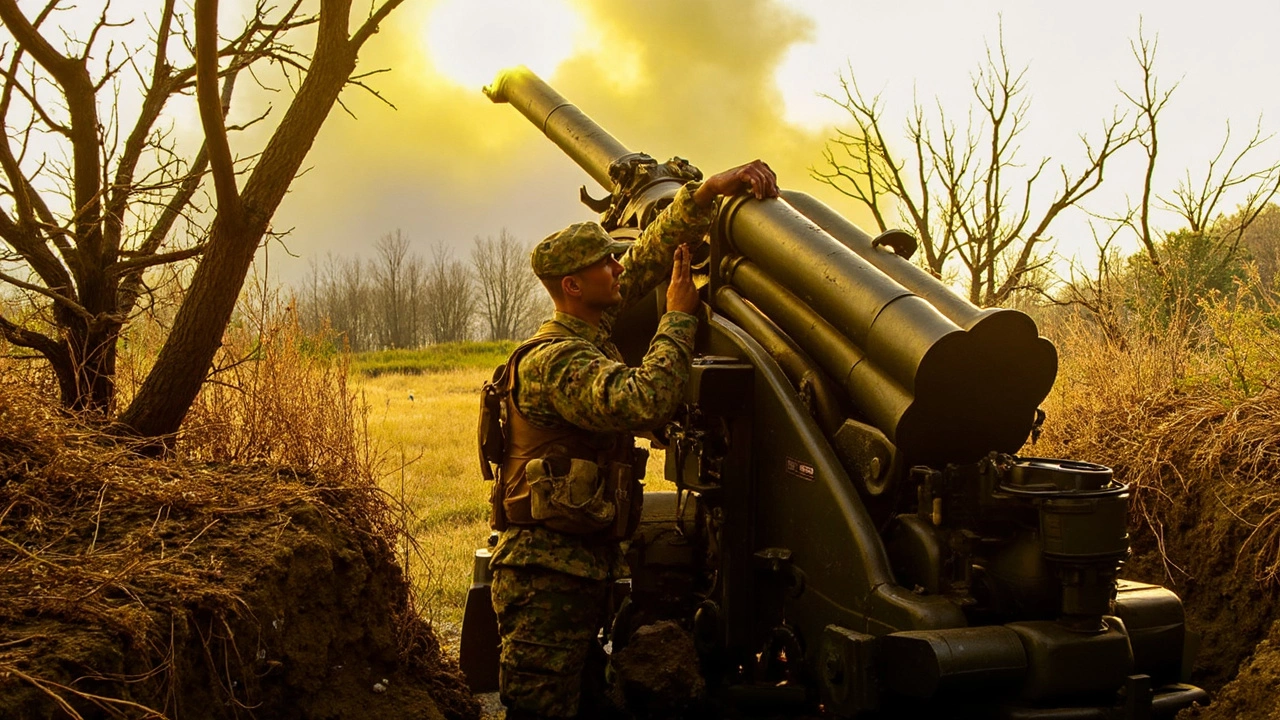U.S. Military Aid: What’s Happening Right Now
Every day the United States moves money, equipment, and training to countries that need help with security. People often hear the term "military aid" but wonder what it really includes. In simple terms, it’s cash, weapons, and advice that the U.S. sends to allies or partners to keep them stable and protect U.S. interests.
Why does the U.S. do this? First, it wants to stop conflicts before they spread. Second, it helps friendly governments stay strong so they don’t become a threat. Finally, it builds jobs back home because many defense contracts are made by American companies.
How Much Money Is Involved?
The Department of Defense releases a budget every year that lists foreign assistance. In the latest budget, about $7 billion was earmarked for military aid. A large chunk went to Ukraine, Israel, and a few Asian partners. The numbers can change quickly, especially when crises erupt, so keeping an eye on the news helps you stay informed.
Most of the aid is not just cash. It includes things like small arms, drones, training programs, and even cyber‑defense tools. For example, the U.S. recently sent anti‑aircraft missiles to a partner in the Indo‑Pacific region to help protect its skies.
What Does This Mean for You?
If you’re a student, a voter, or just someone who follows the news, understanding U.S. military aid helps you see why certain foreign policies get attention. It also shows how your tax dollars are used beyond domestic programs.
Many people wonder if this aid is always a good idea. Critics say it can fuel wars or prop up corrupt regimes. Supporters argue it deters aggression and keeps global trade routes safe. The debate is real, and it shows why transparency matters.To stay updated, follow reliable news sources, check the State Department’s press releases, and watch the annual defense budget hearing. Those places give the clearest picture of where the money is going.
In short, U.S. military aid is a big part of how America interacts with the world. It’s about protecting allies, securing markets, and sometimes, shaping politics abroad. Knowing the basics helps you make sense of headlines and decide what you think about these decisions.
